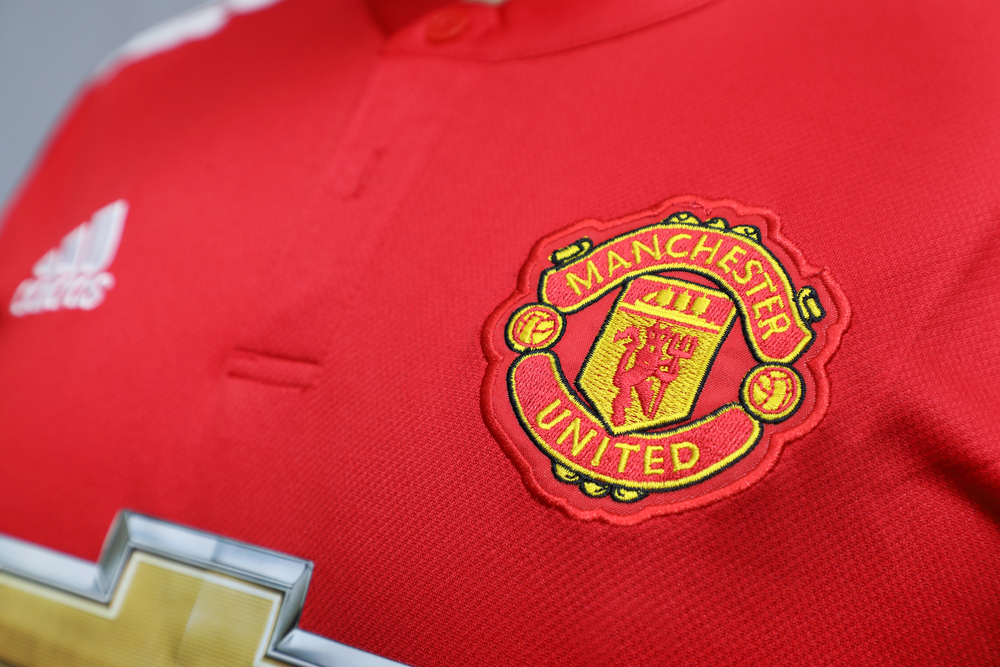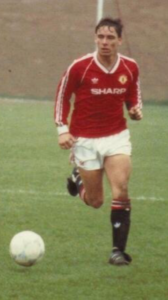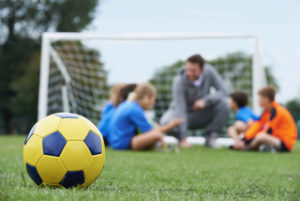
What is required to become a professional footballer?
 Millions of children dream of becoming a professional footballer and plenty demonstrate a high level of quality for their school or weekend teams. But for many, the ultimate dream of playing in the Premier League will not be possible without a lot of dedication and support.
Millions of children dream of becoming a professional footballer and plenty demonstrate a high level of quality for their school or weekend teams. But for many, the ultimate dream of playing in the Premier League will not be possible without a lot of dedication and support.
In a new series of interviews with current and former professional sportsmen and women, we’re asking those who have reached the top level to provide advice for any young people with ambitions of playing professional sport.
Alan Tonge was offered a scholarship at Manchester United a couple of months into Alex Ferguson’s time at the club.
He was spotted by a Manchester United scout playing for the County side when he was 14 years old and subsequently invited for trials. After a successful trial, he was offered schoolboy forms and an apprenticeship, and he signed a one-year professional contract. He played for Manchester United reserves and made a couple of first team appearances.
What does it take to become a professional footballer?
It takes many things to become a professional footballer, the main components being hard work and dedication, courage, will and keeping your feet on the ground despite whatever successes you have. A bit of luck along the way does no harm either.
Who was your best coach and why?
My best coaches were called Tony Moulden and Billy Howarth. They completely believed in me and were full of support and praise in everything I did. They always encouraged me to improve aspects of my game (e.g. taking players on, shooting when possible, passing at the right times) and played a big part in me signing for an elite level professional club.
What advice would you tell young people with an interest in playing professionally in your sport with regards…
Motivation: You need to be completely dedicated to what you are doing. Strive to keep the love (intrinsic motivation) of your sport burning brightly and always remember where you came from. Once you lose that love, you are doomed.
Confidence: You must completely believe in yourself and have conviction without doubt. Professional sport can be extremely difficult at times, pressured, stressful, and you must keep striving towards learning from mistakes and getting better and better. You are a human being as well as a player and nobody is perfect. Learning is a process that never ends.
Fitness: Look after yourself both on and off the pitch. Get yourself as fit as possible to maximise the potential you have. Rest and recovery is extremely important too.
Nutrition: Eat as well as possible. This will fuel the engine and help maximise the ability you have.
What is your advice for young football players training with a professional club?
Give it the best you can and do not try to be someone else, or something you are not. Keep to your strengths. That is all you can do. If you give 100% all the time, then even in defeat there will be victory. That is against that most demanding of masters; yourself.
What was the best advice you were given?
Fame and glory is just a twinkle in the eye. Be kind to everyone on your way up, because you’ll meet them again on your way down.
Alan is now a Lecturer in Sports Research at UCFB. He currently supervises third year students on their dissertation projects, specifically around the topics of mental skills, mental health, transitions in football and psychological challenges for players making their way in the game. Alan also delivers material associated with contemporary issues within sport, coaching philosophy, talent development and research methods on both UCFB’s MSc and BA provision.
Related Articles

How to Become a Football Coach
Travel the World with a Career in Football

